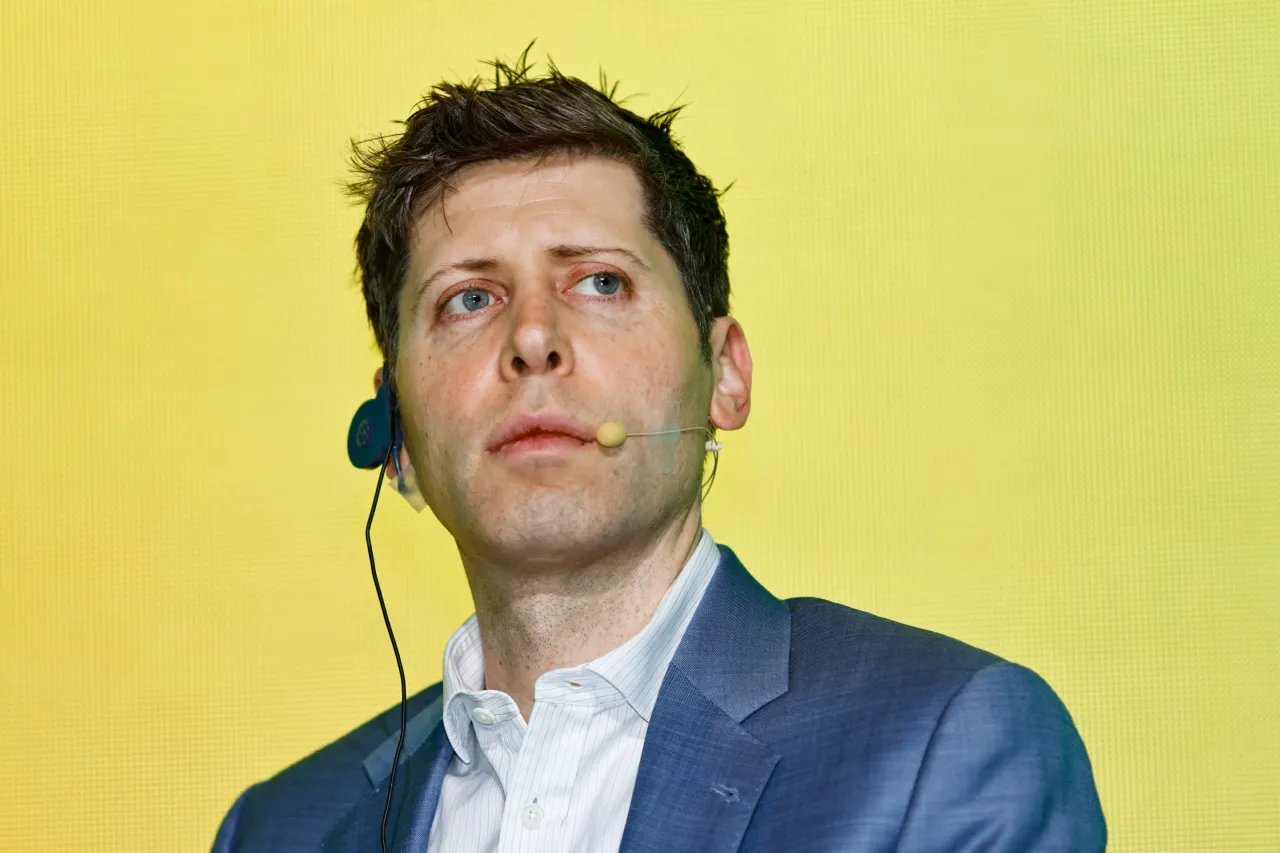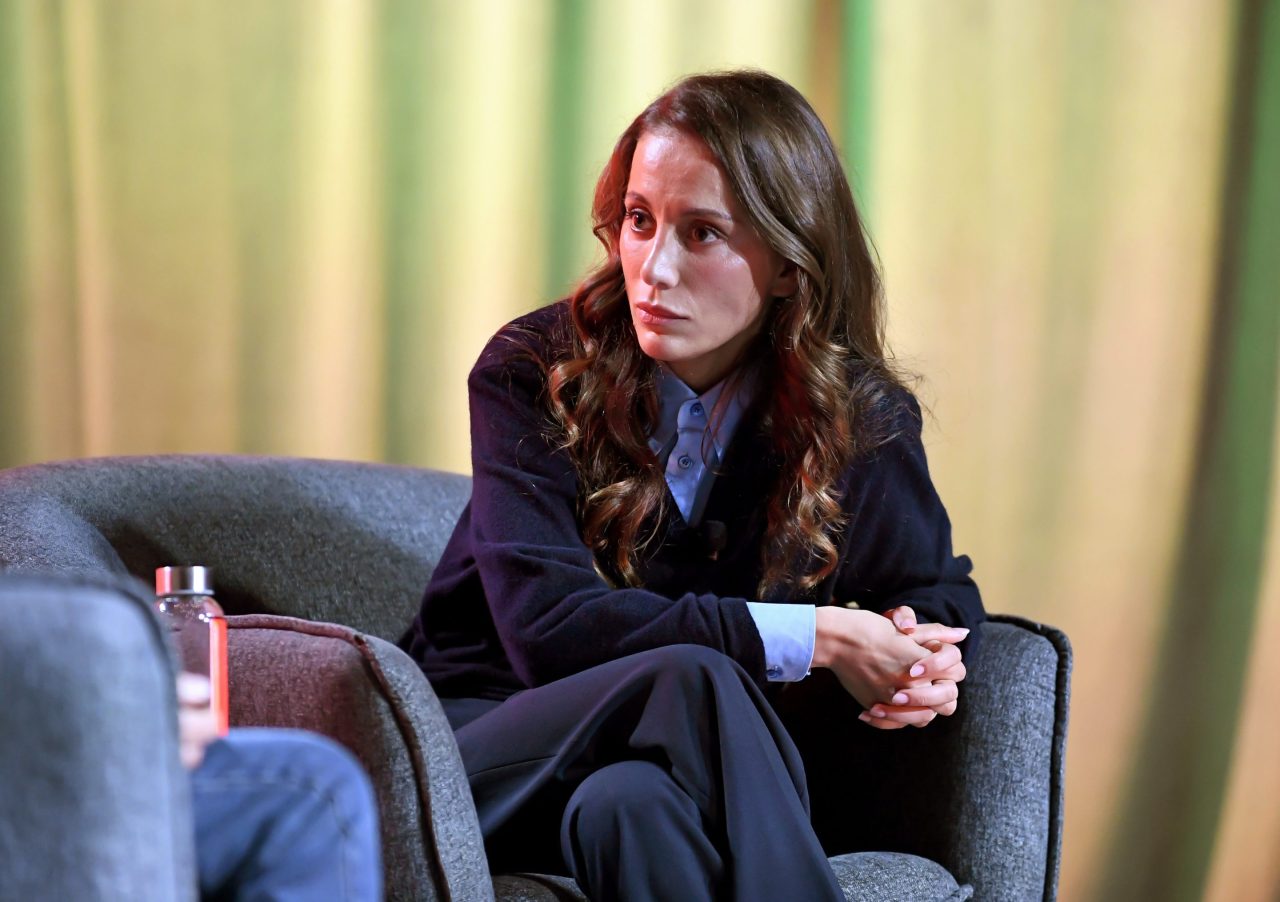A new chapter has emerged in the legal storm surrounding OpenAI, as twelve former employees have thrown their support behind Elon Musk’s lawsuit against the organization. In a detailed legal filing and accompanying public letter, the ex-employees have expressed serious concerns about the company’s leadership, especially CEO Sam Altman, whom one of them publicly labeled as a “person of low integrity.”
Background: Musk’s Lawsuit and Founding Vision
Elon Musk, who co-founded OpenAI in 2015, filed a lawsuit in early 2024 against the company, claiming it had strayed from its original mission: to ensure artificial general intelligence (AGI) benefits all of humanity, not just private shareholders. Musk left OpenAI in 2018, citing conflicts over the organization’s direction. His lawsuit accuses OpenAI of breaching its foundational charter by prioritizing profit over transparency and ethics—particularly after its growing ties with Microsoft and other corporate interests.
Now, a dozen former employees have joined the fray, filing a friend of the court brief backing Musk’s case and echoing concerns that OpenAI’s transformation into a more commercial entity undermines its original nonprofit values. These individuals held technical and leadership roles, and many were involved during the early years when OpenAI attracted talent on the promise of working toward safe, accessible AGI under nonprofit principles.
The Letter: Whistleblowers Call for Accountability
In addition to the legal support, the former employees released a separate, open letter—one that paints a disturbing picture of OpenAI’s internal culture. They accuse Sam Altman of cultivating an environment of secrecy and manipulation. One of the signatories went so far as to describe Altman as a “person of low integrity” who allegedly used deceptive tactics to maintain control and suppress dissent within the organization.
The letter urges OpenAI’s board to:
- Expand independent investigations into misconduct allegations.
- Strengthen whistleblower protections.
- Address discrimination and power imbalances within the company.
- Recommit to ethical leadership and the public good.
The signatories also allege that internal resources were misused, with decision-making often favoring financial growth over the organization’s stated humanitarian goals. The employees express concern that the current trajectory could lead to an AGI future controlled by a narrow set of commercial interests.
What This Means for OpenAI
These revelations could have significant implications for OpenAI’s public image, internal governance, and partnerships. With growing external pressure—from lawsuits, former insiders, and regulators—the organization faces a critical inflection point. Will it double down on its for-profit evolution, or course-correct toward its founding mission?
Public scrutiny is intensifying, especially given OpenAI’s massive influence in the artificial intelligence landscape. The organization has been at the forefront of AI innovation, releasing powerful tools like ChatGPT and GPT-4. But with that influence comes a growing chorus demanding transparency, fairness, and alignment with societal values.
Sam Altman’s Response and OpenAI’s Future
As of now, neither Sam Altman nor OpenAI has issued a detailed public response to the specific accusations in the whistleblower letter. However, Altman has previously defended the company’s evolution, stating that the shift to a “capped-profit” model was essential to fund the kind of research and infrastructure required to safely develop AGI.
Still, the involvement of former trusted insiders lends credibility to concerns about leadership, ethics, and the organization’s direction. If investigations proceed or Musk’s lawsuit gains traction, OpenAI may be forced to revisit its governance structures and recommit to more transparent, accountable AI development practices.
Conclusion
The participation of twelve former employees in Elon Musk’s lawsuit against OpenAI marks a significant escalation in a conflict that could reshape one of the most powerful companies in tech. With accusations of betrayal, mission drift, and ethical lapses now public, the future of OpenAI—and the broader conversation about responsible AI—hangs in the balance.




